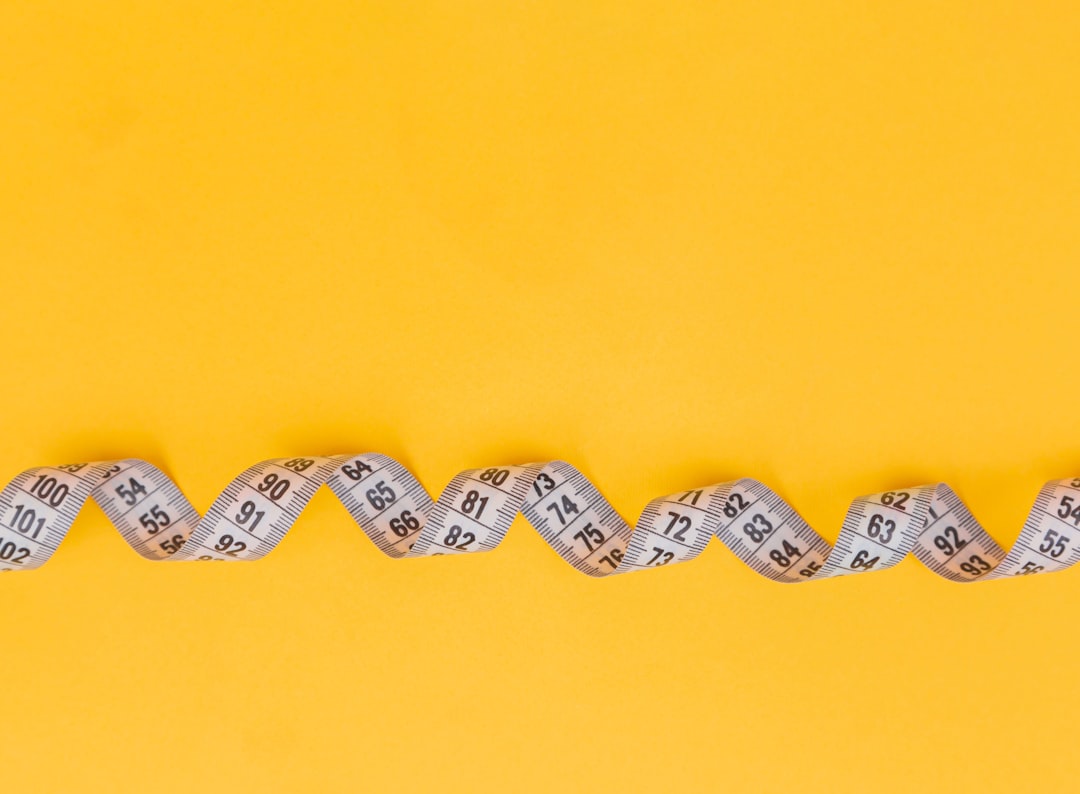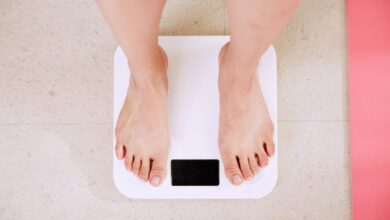This 3-Day Diet Can Kickstart Your Weight Loss

Want to jumpstart your weight loss journey? A 3-day diet might be just what you need to give you that initial boost and motivation. Think of it as a quick reset button for your eating habits, not a long-term solution. As a health and wellness blogger, I’ve seen how these short-term plans can help people feel more in control and excited about reaching their weight loss goals. But before you dive in, it’s important to understand what a 3-day diet is, how it works, and whether it’s right for you.

What is a 3-Day Diet?
A 3-day diet is a short-term eating plan that’s designed to help you lose weight quickly. These diets are usually very low in calories and often involve eating specific foods in set amounts over the three days. The idea is to create a calorie deficit, which forces your body to use stored fat for energy, leading to weight loss. Keep in mind that some of the initial weight loss might be water weight, but it can still be a motivating start.
How Does a 3-Day Diet Work?
The primary mechanism behind a 3-day diet is calorie restriction. When you consume fewer calories than your body needs, it starts burning stored energy (fat) to compensate. Most 3-day diets involve eating around 1,000 to 1,200 calories per day, which is significantly lower than the average daily calorie intake for most adults. This drastic reduction in calories can lead to rapid weight loss.
It’s important to remember that this type of diet is a quick fix and not a sustainable long-term solution. It’s designed to kickstart your weight loss and help you feel more motivated to make healthier choices in the long run.
A Sample 3-Day Diet Plan
While there are many variations, here’s a general idea of what a 3-day diet plan might look like. Remember to consult with a healthcare professional or registered dietitian before starting any new diet plan, especially if you have any underlying health conditions.
Day 1:
- Breakfast: Black coffee or tea, ½ grapefruit, 1 slice of toast, 1 tablespoon of peanut butter
- Lunch: ½ cup of tuna, 1 slice of toast, black coffee or tea
- Dinner: 3 ounces of any lean meat, 1 cup of green beans, ½ banana, 1 small apple, 1 cup of vanilla ice cream
Day 2:
- Breakfast: Black coffee or tea, 1 egg, 1 slice of toast, ½ banana
- Lunch: 1 cup of cottage cheese, 5 saltine crackers
- Dinner: 2 hot dogs (no bun), 1 cup of broccoli, ½ cup of carrots, ½ banana, ½ cup of vanilla ice cream
Day 3:
- Breakfast: Black coffee or tea, 5 saltine crackers, 1 slice of cheddar cheese, 1 small apple
- Lunch: 1 hard-boiled egg, 1 slice of toast
- Dinner: 1 cup of tuna, ½ banana, 1 cup of vanilla ice cream
It’s crucial to drink plenty of water throughout the day while following this diet. This helps with hydration and can also help you feel fuller.
Potential Benefits of a 3-Day Diet
The most obvious benefit of a 3-day diet is the potential for quick weight loss. This can be very motivating for people who are just starting their weight loss journey. Seeing results quickly can provide a sense of accomplishment and encourage you to continue making healthy choices.
Another benefit is that it can help you break bad eating habits. By following a structured meal plan for three days, you might become more aware of your food choices and portion sizes. This increased awareness can help you make better decisions about what you eat in the future.
Finally, a 3-day diet can be a good way to detoxify your body. While your body naturally detoxifies itself, the focus on whole, unprocessed foods during the diet can give your digestive system a break and allow your body to eliminate toxins more efficiently.
Potential Risks and Considerations
While a 3-day diet can be a helpful tool for some, it’s not without its risks. The extremely low calorie intake can lead to fatigue, dizziness, and irritability. It’s also important to be aware that you may experience muscle loss if you’re not consuming enough protein.
Another concern is that the weight loss achieved during a 3-day diet is often temporary. If you return to your old eating habits after the diet, you’re likely to regain the weight you lost. To maintain the weight loss, it’s important to transition to a sustainable, healthy eating plan after the 3 days are over.
This type of diet is not recommended for everyone. People with certain medical conditions, such as diabetes, heart disease, or eating disorders, should avoid 3-day diets. Pregnant or breastfeeding women should also not follow this type of diet.
Alternatives to a 3-Day Diet
If you’re looking for a more sustainable way to lose weight, there are many alternatives to a 3-day diet. These include:
- Balanced Diet: Focusing on eating a variety of whole, unprocessed foods in appropriate portions.
- Regular Exercise: Incorporating physical activity into your daily routine.
- Intermittent Fasting: Cycling between periods of eating and fasting.
- Mediterranean Diet: Emphasizing fruits, vegetables, whole grains, and healthy fats.
These approaches are generally safer and more effective for long-term weight loss than a 3-day diet. They also promote overall health and well-being.
Tips for Success on a 3-Day Diet
If you decide to try a 3-day diet, here are some tips to help you succeed:
- Plan Ahead: Prepare your meals in advance so you’re not tempted to stray from the plan.
- Drink Plenty of Water: Stay hydrated to help you feel full and prevent dehydration.
- Get Enough Sleep: Aim for 7-8 hours of sleep per night to support your metabolism and energy levels.
- Listen to Your Body: If you feel unwell, stop the diet and consult with a healthcare professional.
- Focus on the Long Term: Use the 3-day diet as a starting point for making sustainable lifestyle changes.
Frequently Asked Questions (FAQ)
Will I really lose weight on a 3-day diet?
Yes, you are likely to lose weight on a 3-day diet due to the significant calorie restriction. However, some of the initial weight loss may be water weight.
Is a 3-day diet safe?
A 3-day diet can be safe for some people, but it’s not recommended for everyone. People with certain medical conditions or those who are pregnant or breastfeeding should avoid it. It’s always best to consult with a healthcare professional before starting any new diet plan.
How often can I do a 3-day diet?
It’s generally not recommended to do a 3-day diet more than once a month. Doing it too frequently can lead to nutrient deficiencies and other health problems.
What should I eat after the 3-day diet?
After the 3-day diet, it’s important to transition to a healthy, balanced eating plan. Focus on eating whole, unprocessed foods in appropriate portions. Avoid returning to your old eating habits, as this will likely lead to weight regain.
Can I exercise while on a 3-day diet?
It’s generally not recommended to engage in intense exercise while on a 3-day diet due to the low calorie intake. Light activities like walking or stretching are usually fine.
A 3-day diet can be a quick way to kickstart your weight loss journey and motivate you to make healthier choices. However, it’s important to approach it with caution and understand the potential risks and benefits. Remember that a 3-day diet is not a long-term solution, and it’s crucial to transition to a sustainable, healthy eating plan to maintain the weight loss. Always consult with a healthcare professional before starting any new diet plan to ensure it’s safe and appropriate for you. Focus on making healthy lifestyle changes that you can maintain for the long term, and you’ll be well on your way to reaching your weight loss goals!
Related Posts
| How I Lost 10 Kg In 30 Days Without Starving |
| 7 Day Challenge To Reduce Body Fat At Home |
| Lose Weight Without Exercise: Diet Secrets Inside |



